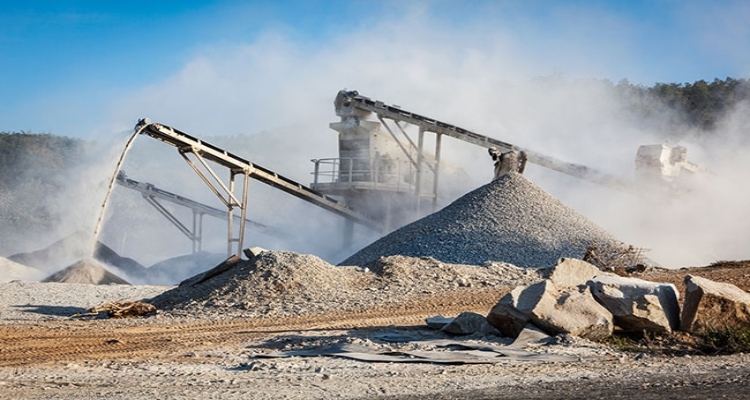
The Supreme Court has instructed the National Green Tribunal (NGT) to monitor the impact of silicosis-prone industries and factories throughout India. It also mandated that the Central Pollution Control Board (CPCB) and the respective state pollution control boards adhere to its previous directives on this issue.
Silicosis is an incurable occupational lung disease resulting from prolonged inhalation of silica dust.
A bench comprising Justices Vikram Nath and Prasanna Bhalachandra Varale stated that the statutory bodies established are better positioned to oversee and ensure compliance with the law.
The top court further directed the NGT to undertake any additional necessary steps to prevent the spread of silicosis by such industries and factories.
“The second aspect concerns ensuring that adequate compensation is received by the affected workers or their next of kin as swiftly as possible. In this regard, we direct the National Human Rights Commission (NHRC) to oversee the compensation process across the respective states,” the court stated.
“We also direct the Employees’ State Insurance Corporation and the chief secretaries of the respective states to adhere to the directions of the NHRC and collaborate with them to ensure that the compensation distribution process is carried out efficiently and without delay,” it added.
The top court directed its registry to ensure that all relevant reports and affidavits pertaining to this matter are forwarded to the NGT and the NHRC to facilitate the execution of their responsibilities effectively and swiftly.
The directions of the apex court came while disposing of a 2006 plea filed by the NGO People’s Rights and Social Research Centre seeking the intervention of the SC in addressing the grave issue of silicosis among workers in various industries across the country. The NGO said the pervasive and unchecked prevalence of silicosis among workers in various industries constitutes a violation of the workers’ fundamental rights under the Constitution.




